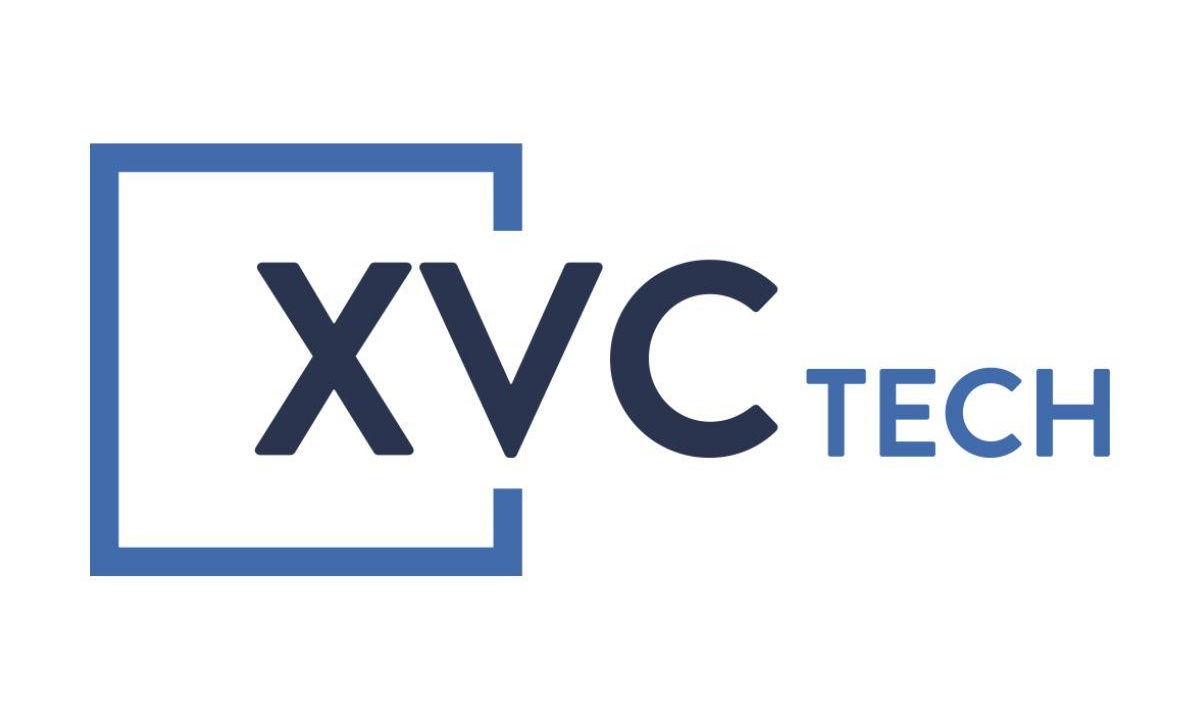Published
5 years ago on
August 09, 2018
“The operative question quickly surfaces: where does an unregistered security, purchased on the internet, and recorded ’on the blockchain,’ actually take place? Try as the [Tezos] Foundation might to argue that all critical aspects of the sale occurred outside of the United States, the realities of the transaction are that the lawsuit’s lead investor participated in the ICO using a website hosted on a server in Arizona, run by a company founder in California.”See the full article for yourself, here. This poses quite good question, how can an ICO be regulated, if it doesn’t have a fixed geographical location? Moreover, is having a fixed geographical location a disadvantage to the project running the ICO?In this instance, it does seem that the problem here is the fact Tezos can be considered a security token, one that was not registered but was operable within the United States, though is this really a fair argument? Above all, this really does highlight the need for regulation within the industry if cryptocurrency adoption wants to stand a chance. We can’t just keep running lawsuits against cryptocurrency projects, instead, we need to build upon a framework of rules and regulations that can be used to categorise the legality of cryptocurrency projects, instead of this current system that just seems to, make it up as it goes along. Investment Disclaimer








